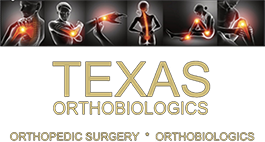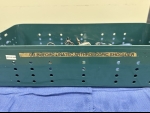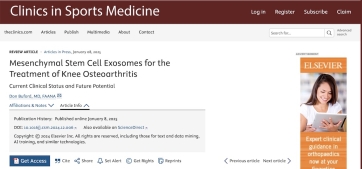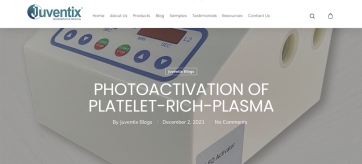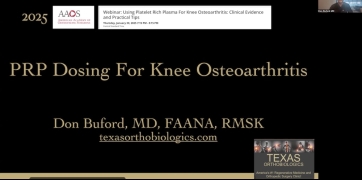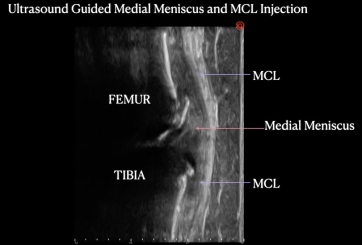Does Your Regenerative Medicine Doctor Or Orthopedic Surgeon Have 5000 5 star reviews?
Ok, so neither does ours.... :) BUT, Dr. Buford has more reviews than any other orthopedic surgeon in the country on US News And World Report's Health Section. With a 5 star average, Dr. Buford now has 4063 verified patient reviews! At Texas Orthobiologics, you can trust that you are in good hands with an expert trained in orthopedic surgery and regenerative medicine. Call us at 877-777-8883 to make an in person or telemedicine appointment.
